Dog Breed
Labrador
Friendliness
Exercise Needs
Health Issues
Barking Tendencies
Grooming Needs
Shedding Level
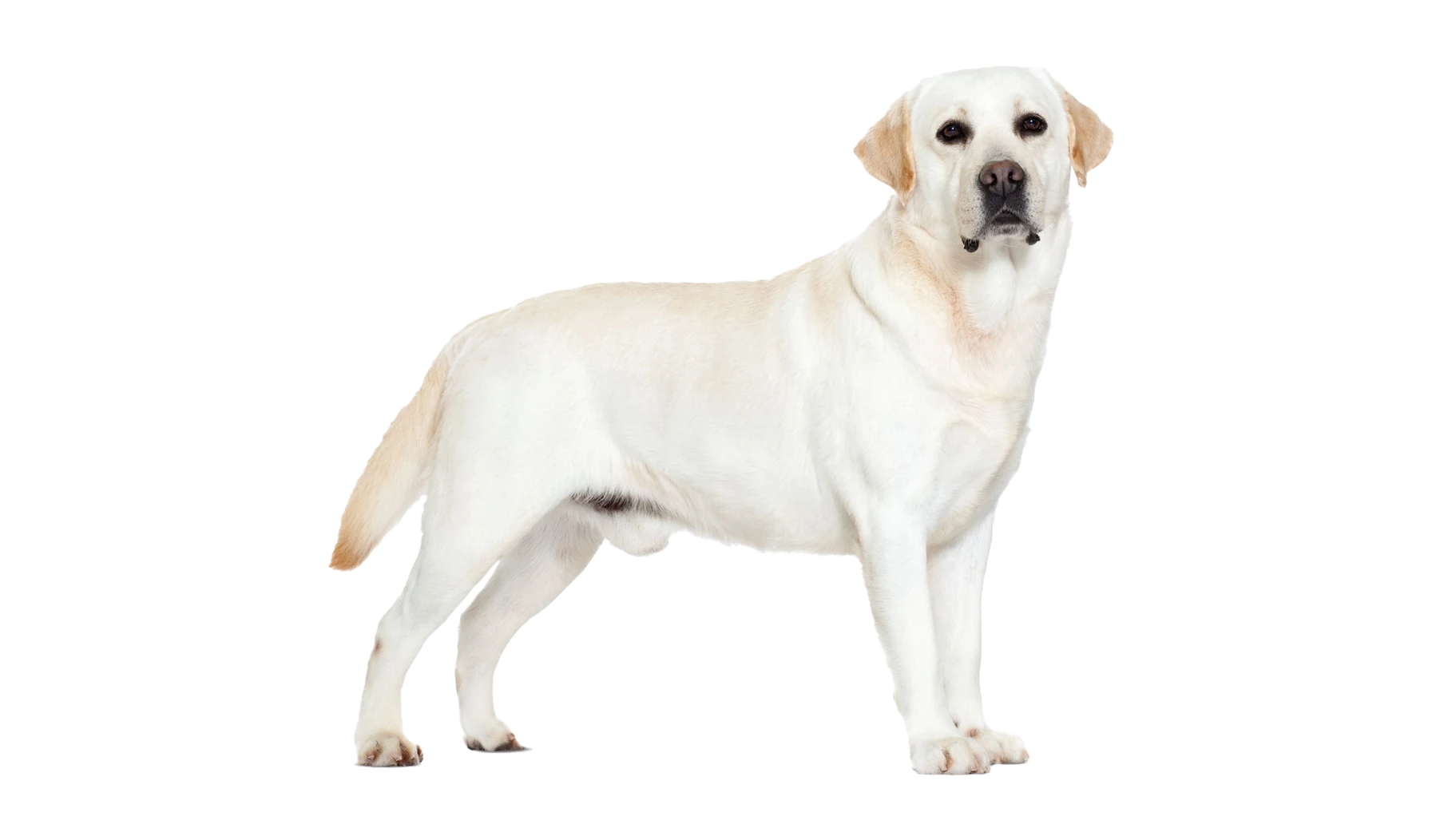

Family favourite
Welcoming a Labrador Retriever into your home will bring endless joy. As New Zealand’s most popular registered dog breed, these friendly companions are highly trainable, fantastic with the littlest members of your family (the kids!), and incredibly helpful.
Labradors’ cheerful and cooperative nature makes them wonderful company. They’re commonly used as assistance dogs thanks to their eagerness to please, athleticism, and ability to get along well with other dogs.
Caring for your Labrador
Nutrition
Choosing the right food
Every dog is unique. From the small, flat-faced Pug to the obesity-prone Labrador Retriever. ROYAL CANIN® Breed Health Nutrition is tailor-made to address the unique needs of pure breed dogs. These breed specific formulas benefit from the latest ROYAL CANIN® research on the selection of the best protein sources, unique nutrients and tailor-made kibbles.
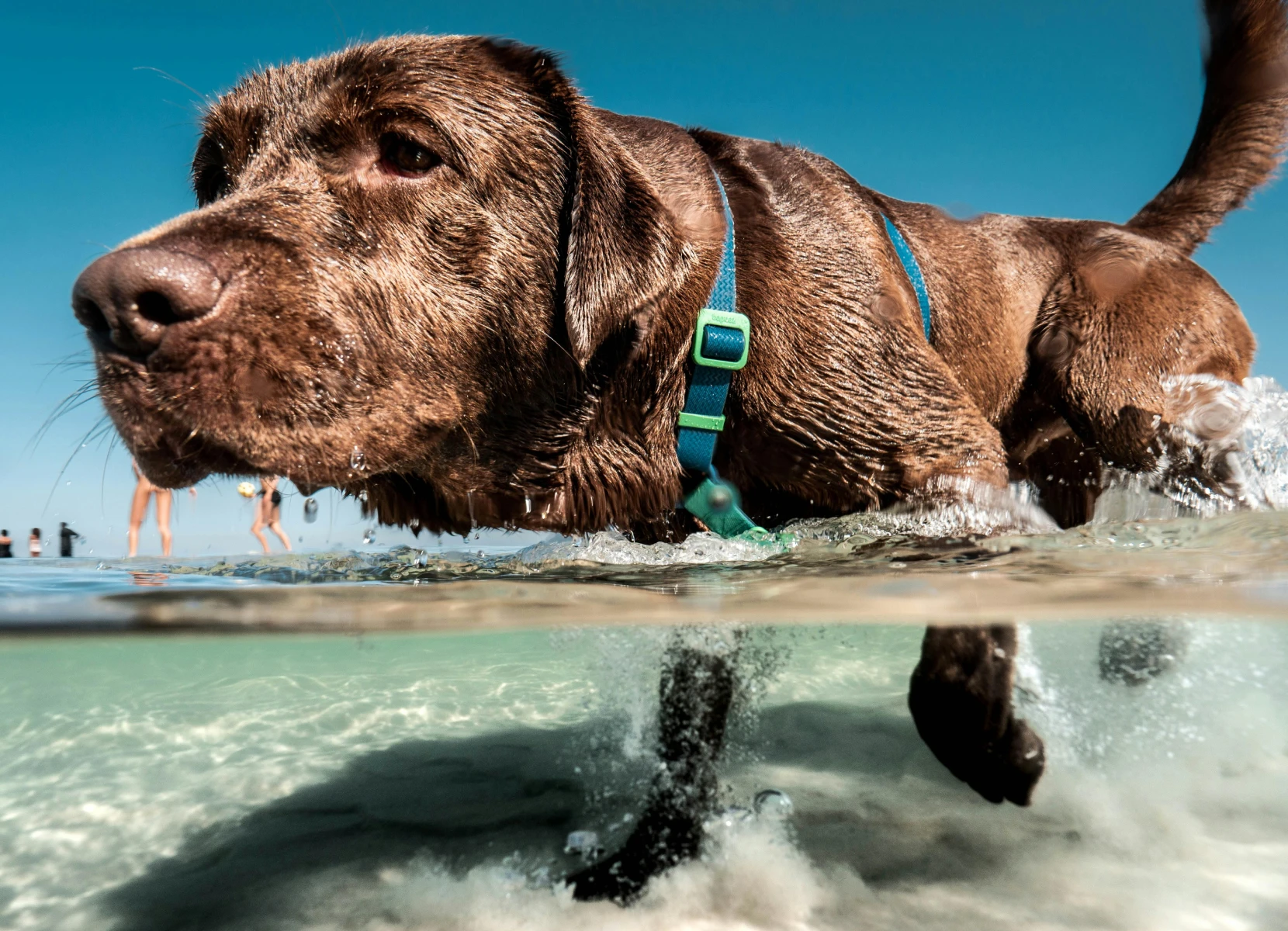
Exercising your dog
Labrador Retrievers are smart and active dogs who require daily mental and physical exercise. At least 45 minutes of exercise, whether it is brisk walking, running or playing fetch is a must for adult Labs.
Try playing with toys that promote activeness and exercise, like the Chuckit! range. Most Labrador Retrievers love to swim so toys for water play are a must for any Labs toy box.
Labrador Retriever puppies need less-strenuous exercise than adults; ask your veterinarian for exercise recommendations for your puppy. Chewing is also an important mental exercise that can be supported by giving your Labrador Retriever safe chew toys.
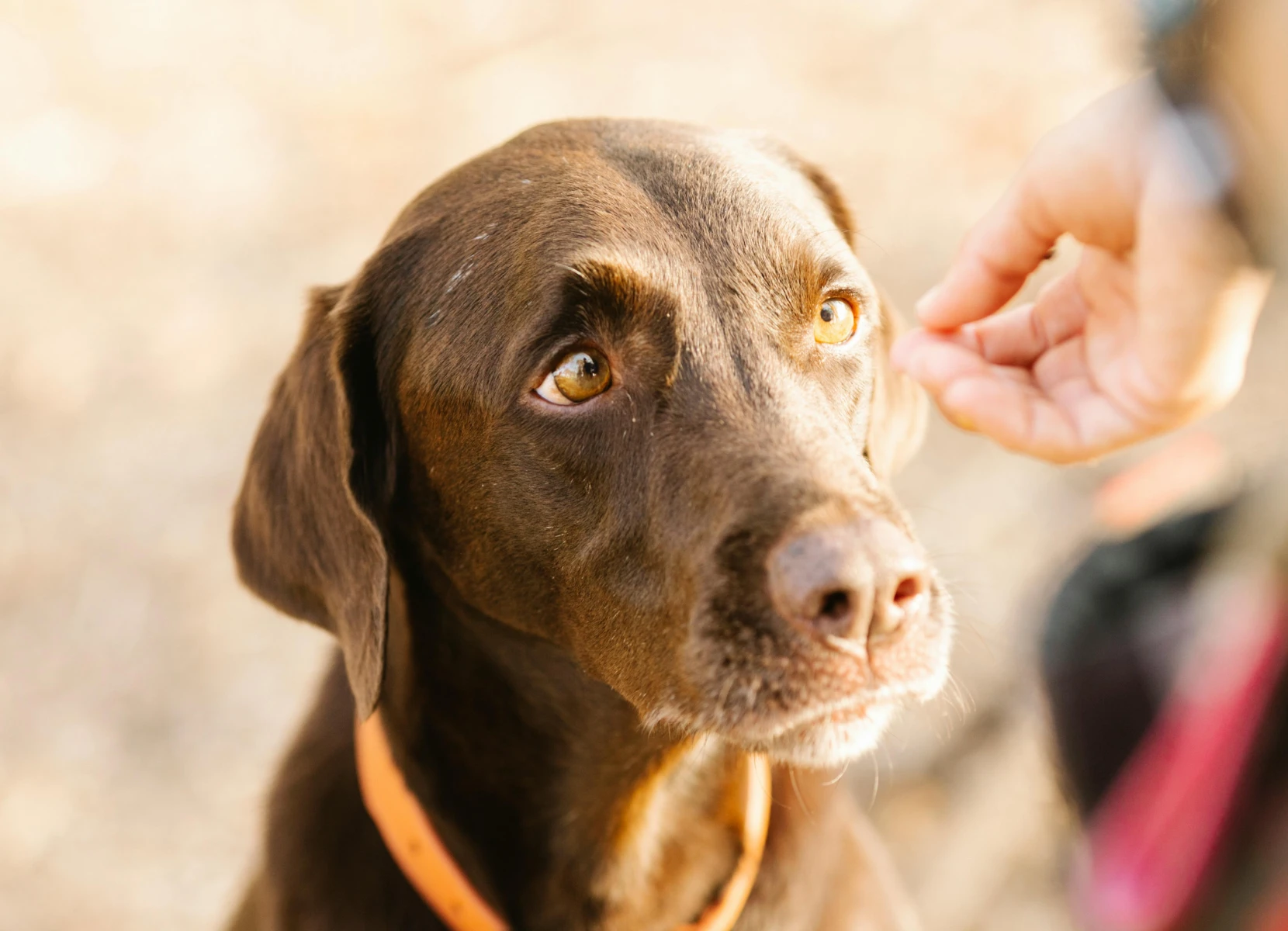
Training your Labrador
Labs are extremely intelligent, obliging dogs, which typically makes Labrador Retrievers easy to train to perform all kinds of tricks and commands.
Labradors are very food motivated, so it’s recommended to use the Lab’s treat-drive to reward training sessions. Reserve a special treat for these Labrador Retriever training sessions to make your pup extra receptive to training time. Also, remember that Labs like attention nearly as much as treats, so the yummies don’t need to be large. Aim for fingertip-size treats.
Training your Lab puppy early helps them learn how much fun training can be and sets them up for eager training throughout their life.
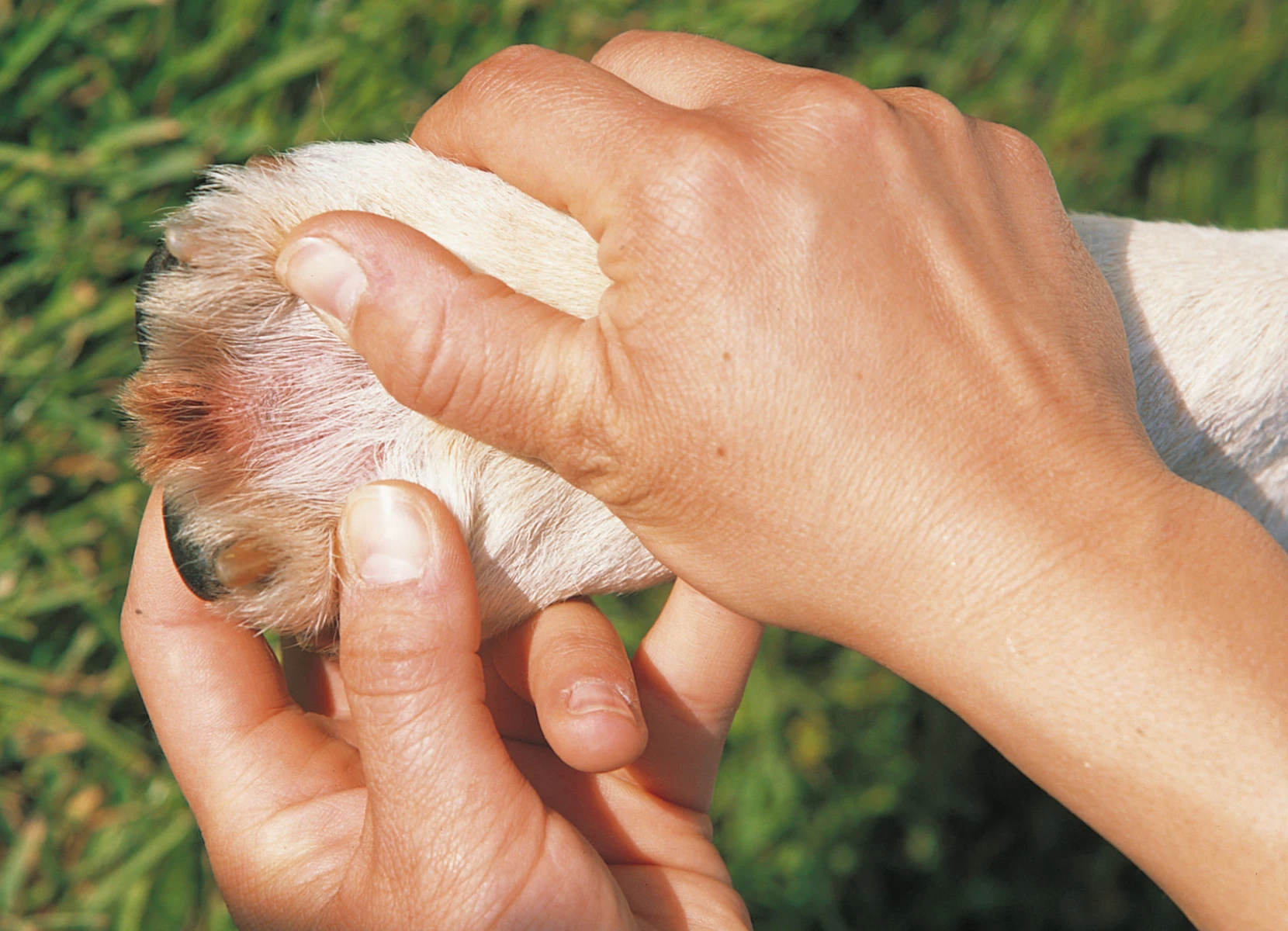
Your dog's health
By recognising health problems in Labrador Retrievers early you can seek advice and treatment from a veterinarian.
Reduce the risk of health problems by purchasing a puppy from a responsible breeder. Always inspect breeding facilities and breeding dogs, and never buy from a distant online seller.
Health Issues to watch out for:
Joint Dysplasia
Skin Allergies and Infections
Ear Infections
Eye Disorders
Obesity
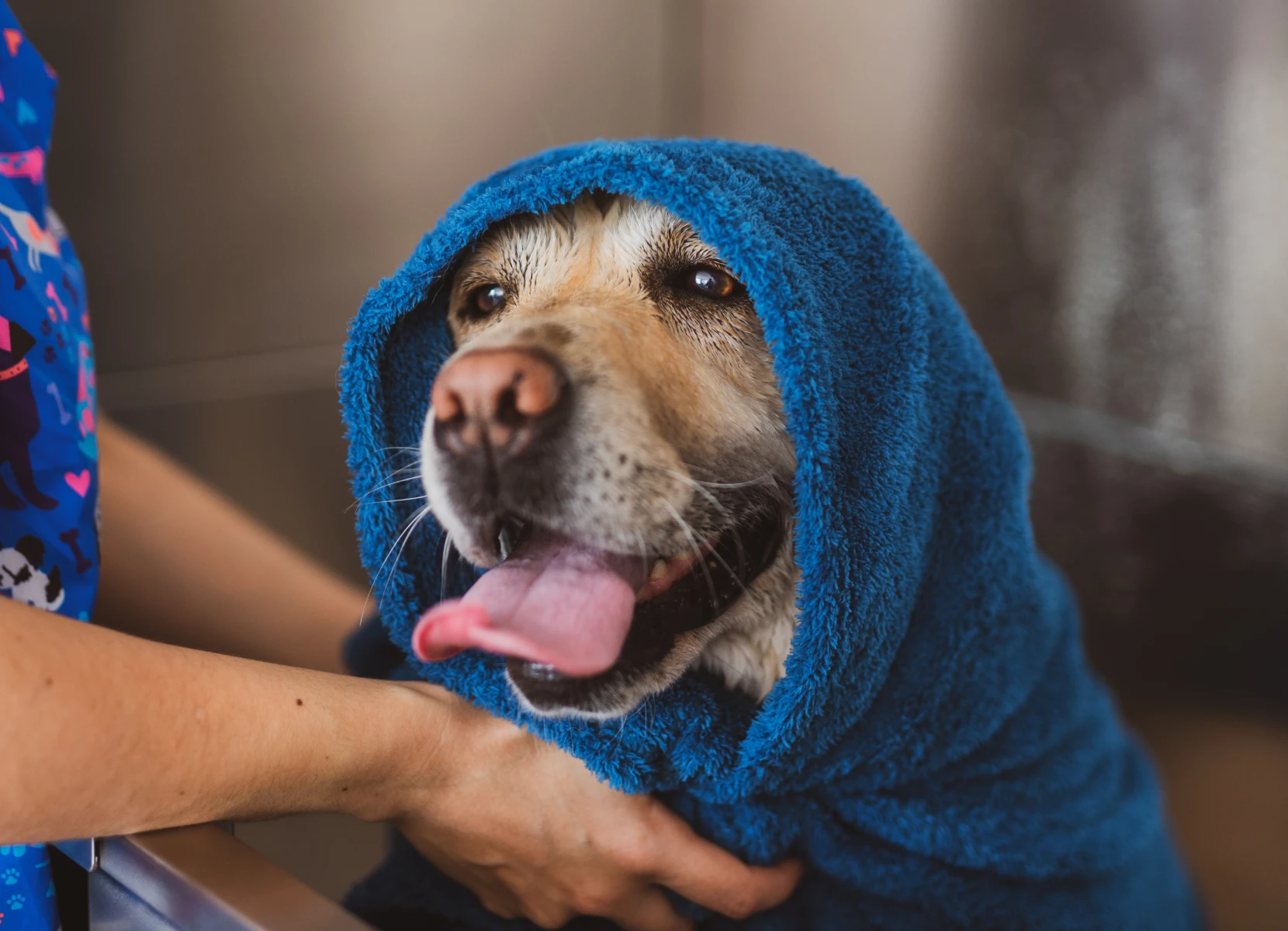
Grooming your dog
Labrador Retrievers shed subject to the time of year. Their double coat means they shed small amounts year round however twice a year they “molt” and shed heavily.
To reduce shedding, brush your Labrador Retriever regularly once or twice a week, and daily during the heavy shedding times. Using a comb or deshedding tool will be essential during molting.
Bathing a Labrador Retriever, unless the dog is heavily soiled, is not recommended more than once a month.
Clipping a Labrador Retriever is not recommended. Nails should also be trimmed regularly and teeth brushed to keep them clean.
Key characteristics of Labradors
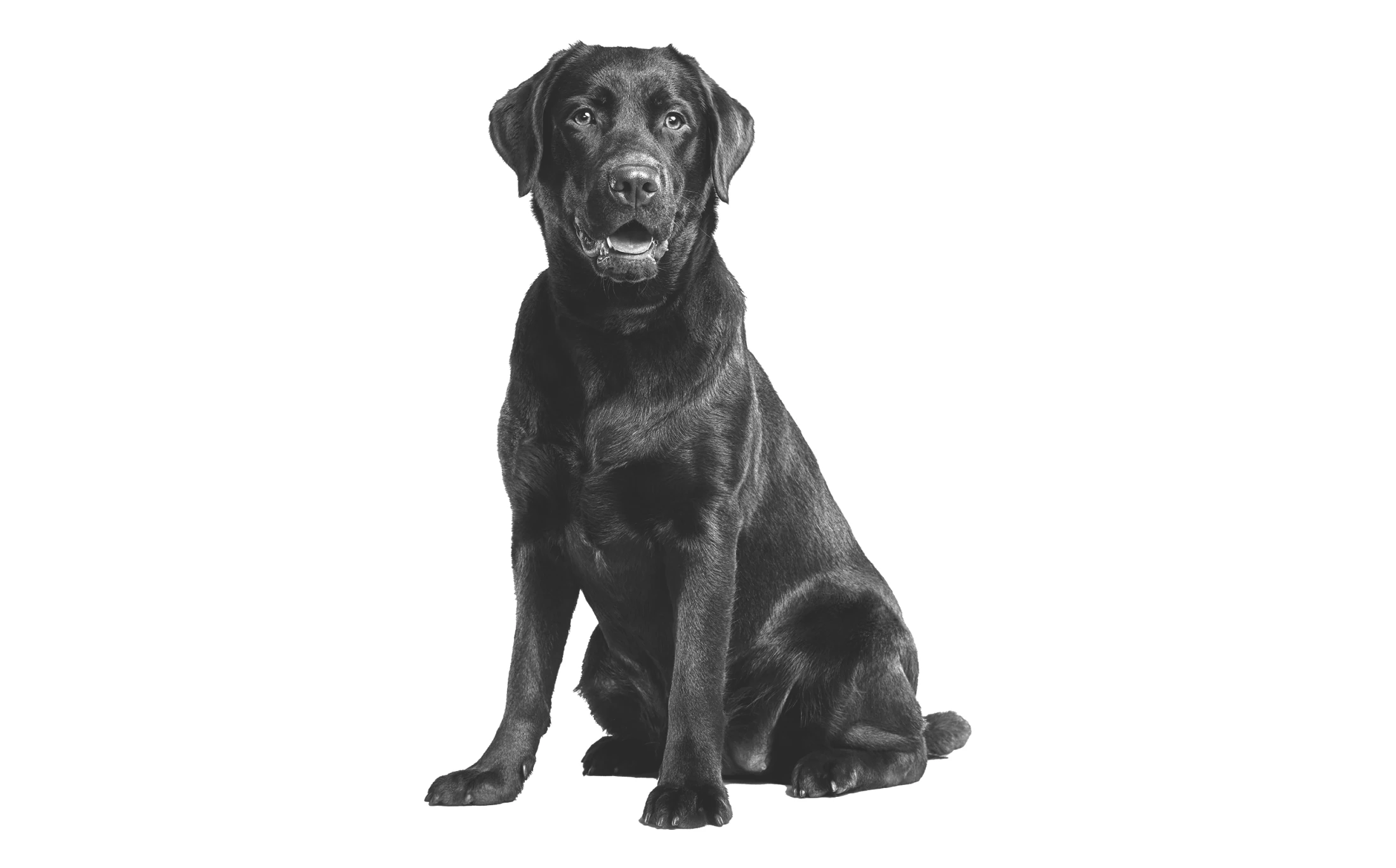
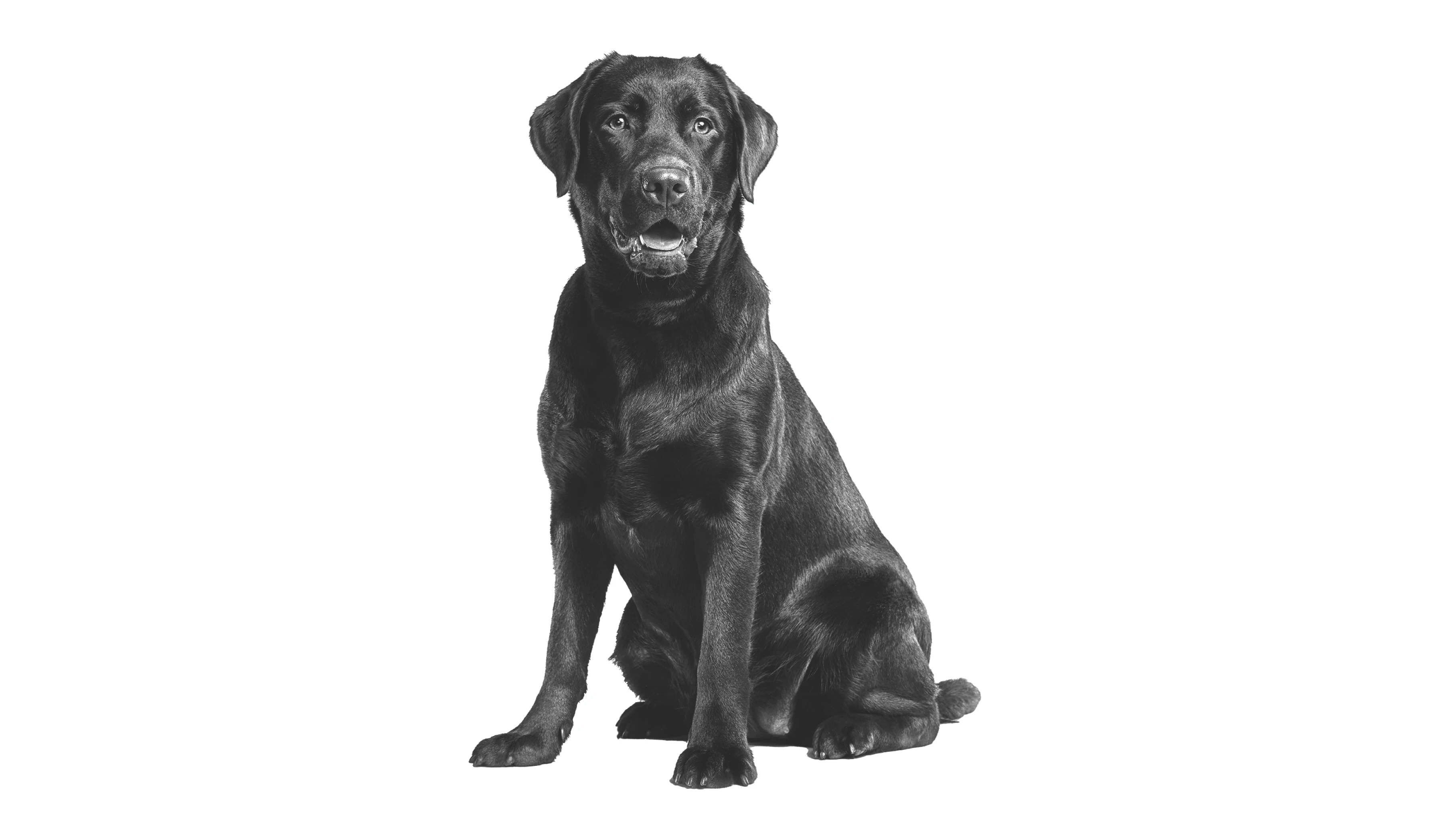
Labrador FAQs
Labradors are one of the most loved dog breeds in New Zealand, and for good reason. Whether you’re welcoming one into your home or want to learn more about your current companion, these FAQs cover common questions about Labrador care, training, lifestyle, and personality.
Are Labradors good family dogs?
Yes, Labradors are one of the best breeds for families. They are gentle, loyal, and love being involved in family activities. Their easy-going nature makes them great with kids and other pets.
Do Labradors bark a lot?
Labradors are not known for excessive barking, but they will alert you to visitors or unusual sounds. Proper training from a young age helps ensure their barking stays under control.
How much exercise does a Labrador need?
Labradors are high-energy dogs and need at least one to two hours of exercise daily. Walks, play sessions, and off-lead runs in safe areas help keep them fit and mentally stimulated.
Are Labradors prone to any health problems?
Yes, Labradors are prone to certain issues like hip and elbow dysplasia, obesity, and ear infections. Regular vet check-ups, joint supplements, a balanced diet, and good hygiene can help prevent or manage these conditions.
Can Labradors live in apartments?
Labradors can live in apartments, but they need plenty of daily exercise and stimulation. They do best with access to outdoor spaces and structured routines to burn off energy.
This FAQ section highlights everything you need to know about living with a Labrador. Their loyal nature, playful personality, and strong desire to be part of the family make them an ideal companion for many Kiwi homes.

